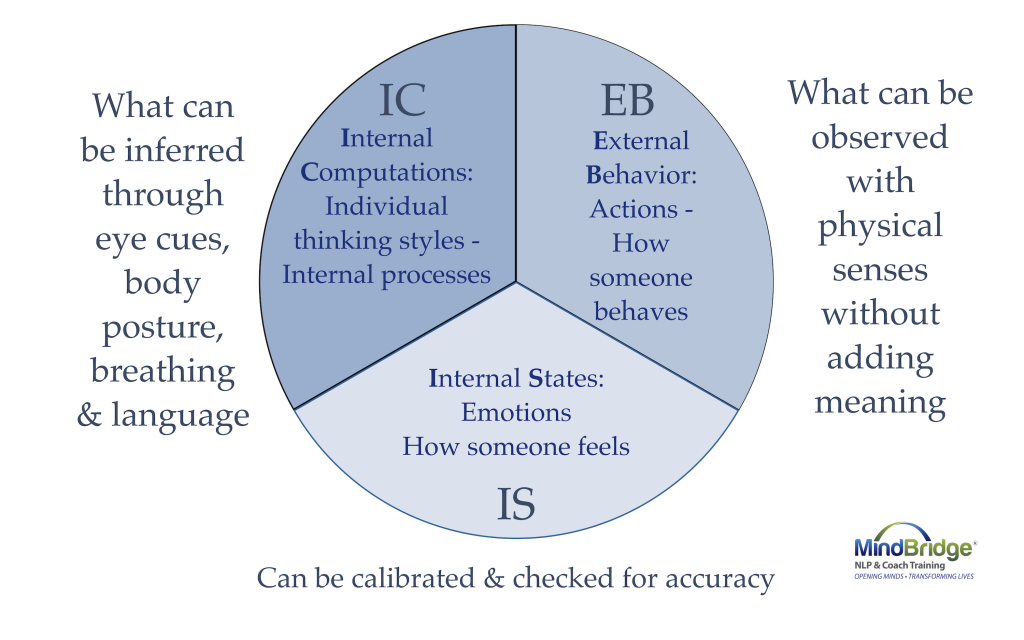Back to Course
MindBridge NLP Coach Certification Training
0% Complete
0/0 Steps
-
1 - Introduction to Professional Life Coaching and NLP8 Topics
-
Managers as Coaches
-
2 - Fundamentals of Influential Communication5 Topics
-
3 - a. Characteristics of Excellence in Communication2 Topics
-
3 - b. Submodalities
-
4 - a. Identifying Thinking Styles1 Topic|1 Quiz
-
4 - b. Rapport
-
5 - a. Values Clarification
-
6 - a. Anchoring Techniques2 Topics
-
7 - Clarifying Communication5 Topics
-
7 - a. Power of Questions
-
7 - b. Intake- Initial Pre-Coach Session
-
8 - Criteria3 Topics
-
8 - a. Perceptual Flexibility - Perceptual Position Quiz3 Topics
-
8 - b. Well-Formed Outcomes3 Topics
-
9 - 3 NLP Techniques Demonstrations
-
10 - Identifying Mind Maps
-
10- a. Meta Program Psychometric Quizzes
-
10 - b. Key Meta Program Patterns Explained7 Topics
-
10 - c. NLP Coach Session Demonstration
-
10 - d. Evaluation Forms -Outcome Coach Session
-
10 - e. Evaluation Video of NLP Coaching Demonstration
-
11 - NLP Coaching Sessions2 Topics
-
11 - a. Evaluation of Demo - Categories of Experience
-
11 - b. Directionalizing the Session
-
12 - Insights and Just for the fun of it!
Lesson Progress
0% Complete
NLP Significant Components of Experience…
In the field of NLP, our experience is the raw material out of which we create our mental maps. Experience has 3 primary or significant components.
Thinking – IC (Internal Computations – Thinking Processes)
Feelings – IS (Internal States – Emotions )
Behaviors – EB (External Behaviors – Behaviors that can be observed)

When done please take the time to reflect on the lesson and post a comment or question below. What was your reaction to the videos? What insights did you gain? What questions arose for you?
Also, consider responding to the comments of others to start a dialogue.
After you have posted your comment hit the Mark Complete Button and move on to the next lesson.
Responses
You must be logged in to post a comment.

This video added another dimension of evidence through examples related to the subject matter. Clarifying, breaking down the three components of experience and demonstrating how in real world these would be expressed and observed. Example: Thinking / IC (internal computation) where eye cues give credence to an external situation such as a poker game and an opponent’s eye pupils get larger signifying a good hand. This is not mind reading but an IC observation. Understanding the components of experience will harvest a richer life experience with minimal miss understandings.